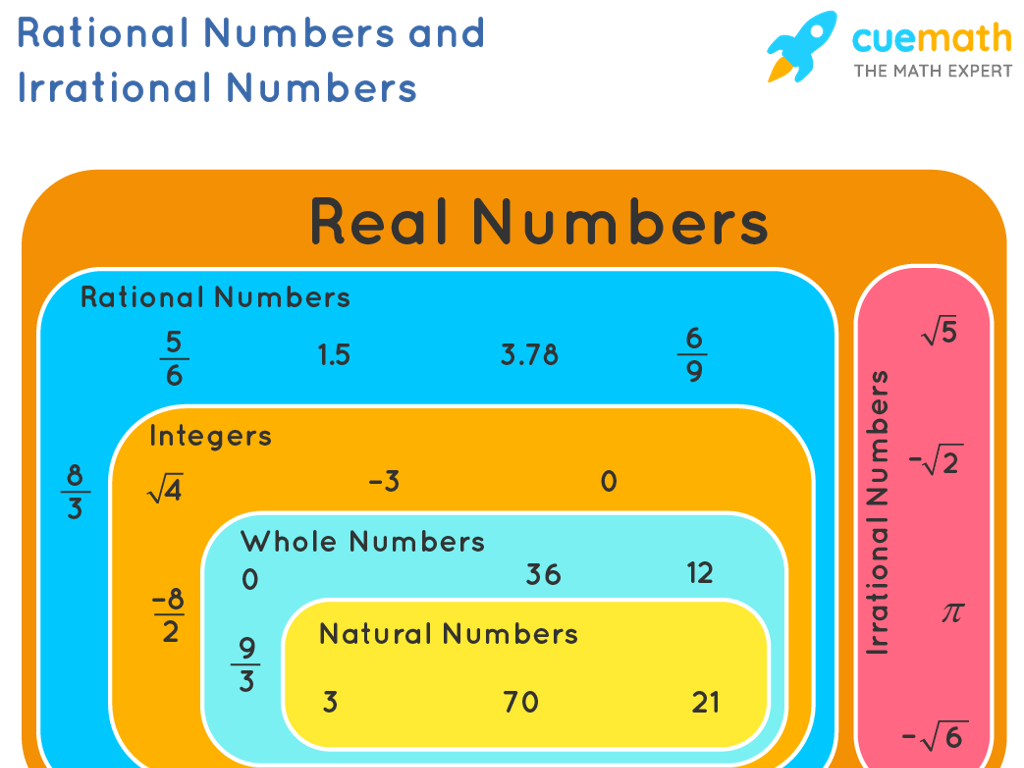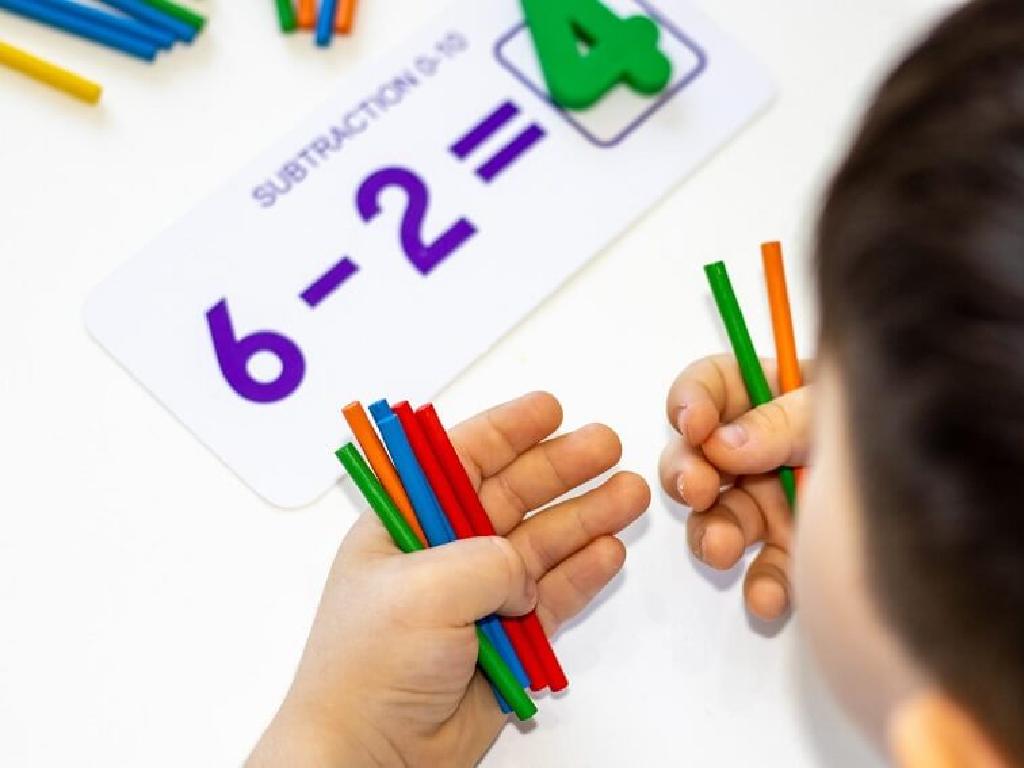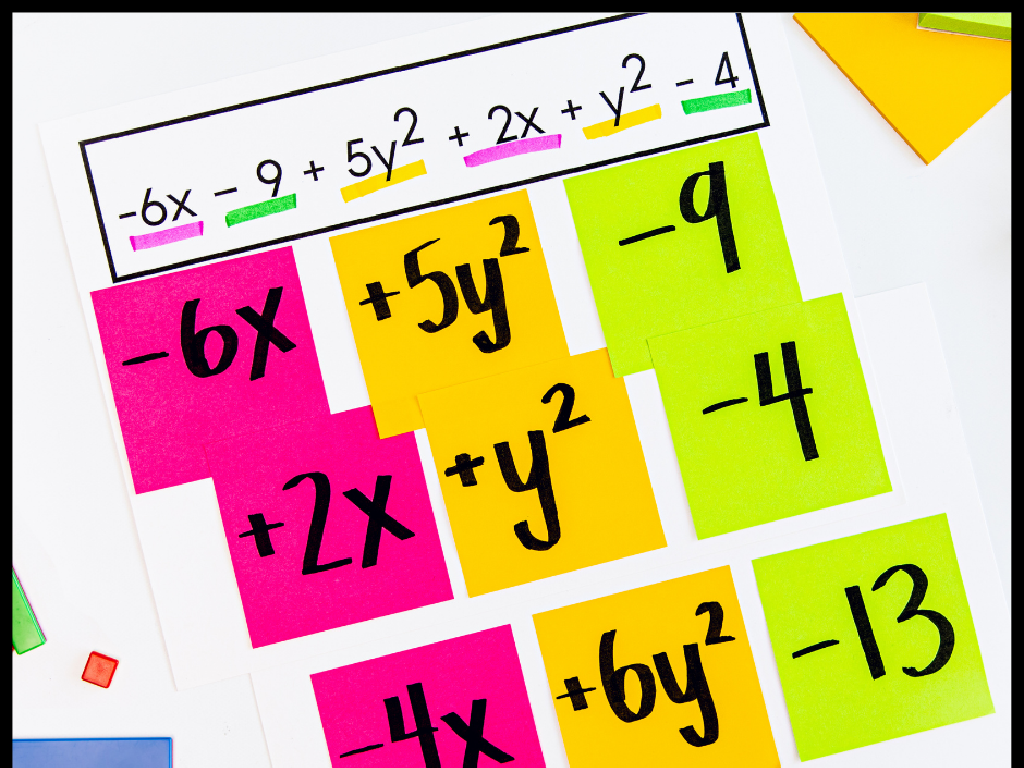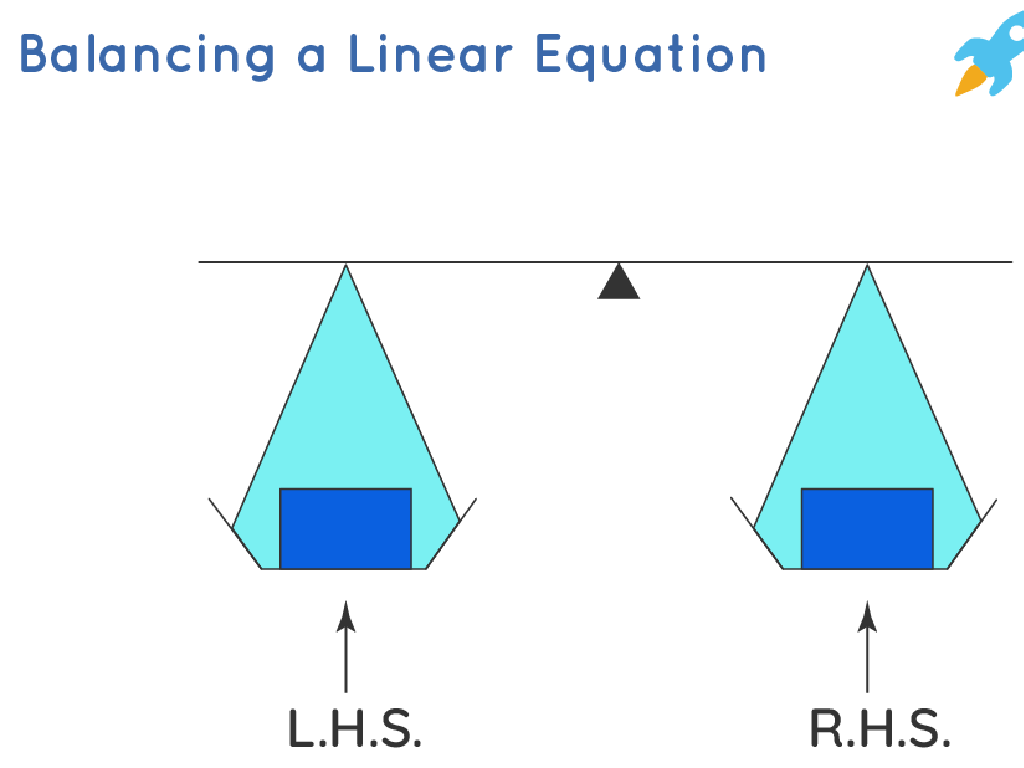The Civil War: Gettysburg To The Election Of 1864
Subject: Social studies
Grade: Eighth grade
Topic: The Civil War
Please LOG IN to download the presentation. Access is available to registered users only.
View More Content
The Civil War: Gettysburg to the Election of 1864
– Pivotal Civil War moments
– Key battles and turning points in the war
– Battle of Gettysburg’s impact
– Gettysburg: a turning point with significant casualties
– Political climate of 1864
– How war outcomes shaped political opinions
– Election of 1864 significance
– Lincoln’s re-election amidst a nation divided
|
This slide introduces students to the critical period of the American Civil War between the Battle of Gettysburg in 1863 and the presidential election of 1864. Emphasize the importance of understanding how specific events like the Battle of Gettysburg, which was one of the bloodiest and most decisive battles, influenced the course of the war. Discuss the political atmosphere of the time, how President Lincoln’s policies and the war’s progression affected public opinion, and how this all culminated in the election of 1864. This election was crucial as it determined the leadership and direction of a nation amidst a devastating conflict. Encourage students to consider the connections between military events and political consequences.
The Battle of Gettysburg: A Turning Point
– Gettysburg’s pivotal role in the Civil War
– The battle marked a turning point for the Union.
– Key leaders: Lee and Meade
– Confederate Gen. Lee vs. Union Gen. Meade.
– Overview of the three-day conflict
– Fierce fighting from July 1-3, 1863.
– Strategic moves and battle results
– Union victory weakened Confederate forces.
|
The Battle of Gettysburg is often considered the most important engagement of the American Civil War. It was the war’s bloodiest battle with 51,000 casualties and marked the turning point in favor of the Union. General Robert E. Lee, leading the Confederate army, faced off against General George G. Meade’s Union forces. Over three days, strategic maneuvers such as Pickett’s Charge and the defense of Little Round Top played crucial roles in the outcome. The Union’s victory here ended Lee’s invasion of the North and led to his retreat to Virginia. This battle had significant implications for the war’s direction and is a key event for students to understand the broader context of the Civil War.
The Gettysburg Address: A Nation Redefined
– Lincoln’s historic Gettysburg speech
– The speech’s enduring message
– Emphasized unity and the war’s purpose
– Impact on national morale
– Boosted Union morale and commitment
– Ideals of liberty and equality
– Echoed the Declaration of Independence
|
The Gettysburg Address, delivered by President Abraham Lincoln in 1863, is one of the most famous speeches in American history. It was a defining moment that articulated the nation’s ideals and the Civil War’s purpose. Lincoln’s brief but powerful address underscored the principles of liberty and human equality and redefined the Civil War as a struggle not just for the Union, but also for these fundamental ideals. The speech had a significant impact on the nation’s morale and helped to galvanize the Union’s resolve to continue the fight for unity and equality. Discuss how the address reflects the Declaration of Independence and how it continues to resonate in American society and politics.
Life During the Civil War
– Impact on families at home
– Families faced shortages, loss, and the challenge of daily life without loved ones.
– Economic shifts: Industry vs. Agriculture
– The war accelerated industrial growth in the North and strained agriculture in the South.
– Women’s roles in the Civil War
– Women took on new responsibilities, including nursing, managing farms, and making supplies.
– Children’s experiences during wartime
– Children often had to work or even serve as drummers or messengers in the war.
|
This slide aims to provide students with an understanding of the social and economic impact of the Civil War on the home front. Discuss how families coped with the absence of fathers and sons, and the scarcity of goods due to blockades and the war economy. Highlight the North’s industrial boom and the South’s agricultural challenges, including labor shortages due to the war. Explore the expanded roles women assumed, such as taking over family businesses and providing medical care to soldiers. Address the often-overlooked contributions of children during the war. Encourage students to consider how these changes might affect their own lives if they were living during that time.
The Election of 1864: A Turning Point
– Lincoln vs. McClellan
– Incumbent President Lincoln faced Democrat McClellan
– Campaign issues and platforms
– Debates on war strategy and civil liberties
– Election outcome
– Lincoln’s victory with a large electoral margin
– Significance for the war
– Boosted Union morale and support for war policies
|
The Election of 1864 was a pivotal moment in American history, occurring amidst the Civil War. Abraham Lincoln, representing the National Union Party, ran against George B. McClellan of the Democratic Party. Key campaign issues included the ongoing war and the approach to civil liberties. Lincoln’s platform was committed to continuing the war until the Union was restored, while McClellan’s platform advocated for peace negotiations with the Confederacy. Lincoln’s decisive victory in the election was seen as a mandate from the people to proceed with his war policies, ultimately leading to the Union’s victory. This election demonstrated the functioning of democracy even during times of national crisis and set a precedent for future wartime elections.
The War’s Toll: Total War and Its Impact
– Human cost on soldiers, civilians
– Both sides suffered immense losses, affecting families and communities.
– Sherman’s March: Total war example
– General Sherman’s campaign aimed to cripple the South’s war effort and morale by destroying resources.
– War’s psychological impact on society
– The constant strain of battle and loss led to widespread psychological trauma.
– Understanding total war’s consequences
|
This slide delves into the concept of total war and its devastating effects on both the military and civilian populations during the Civil War. Emphasize the human cost by discussing the number of casualties and the impact on families. Explain Sherman’s March to the Sea as a strategy to bring the war to the civilian population, aiming to break the Confederacy’s capacity to wage war. Discuss the psychological toll the war took on American society, including the trauma experienced by soldiers and civilians. Highlight the long-term consequences of total war on the nation’s psyche and infrastructure. Encourage students to reflect on the implications of such a strategy in war and its ethical considerations.
Class Activity: Role-Play Debate on 1864 Election
– Divide into Union & Confederate groups
– Debate 1864 election issues
– Present historical arguments
– Use facts from 1864: economy, slavery, state rights
– Reflect on differing viewpoints
– Understand both sides’ perspectives
|
This activity is designed to engage students in a role-play debate to understand the complex issues of the 1864 presidential election during the Civil War. By dividing the class into Union and Confederate supporters, students will delve into the historical perspectives and arguments that shaped the nation’s politics at the time. Encourage students to research the economic conditions, the institution of slavery, and the debate over state rights to prepare their arguments. This exercise will help students appreciate the nuances of historical events and the importance of considering multiple viewpoints. Possible activities include preparing speeches, creating campaign posters, or writing a persuasive essay from their assigned perspective.
Reflecting on the Civil War: 1863-1864
– Recap: Gettysburg to 1864 election
– Battle of Gettysburg, Emancipation Proclamation, Lincoln’s re-election
– Impact on Civil War’s outcome
– Union’s turning point, Confederate struggles, and political shifts
– Lessons learned
– Understanding the cost of war and value of unity
– Relevance to today’s world
– Civil rights movement, democracy, and ongoing social issues
|
This slide aims to summarize the pivotal events between the Battle of Gettysburg and the election of 1864, emphasizing their significance in shaping the Civil War’s outcome. Highlight the turning point for the Union with the victory at Gettysburg and the impact of Lincoln’s leadership and re-election. Engage students in a discussion about the enduring lessons of the Civil War, such as the human cost of conflict and the importance of preserving a nation. Encourage them to draw parallels between the struggles for equality during the Civil War and the civil rights issues that persist today, fostering an understanding of the Civil War’s lasting relevance.






